Navigating the crypto landscape, a refreshing feature is that it can come across as cleanly apolitical. Often, this is due to a deliberate effort by analysts and influencers to maintain a neutral approach and steer away from contentious issues.
In polarized times, it is too easy to alienate sections of one’s audience with a revealing comment, and in the social media age, what might usually be an innocuous opinion can almost instantly be elevated into a political flashpoint, generating backlash and noise.
With the so-called 'culture wars' seemingly still ramping up to angrier extremes, it makes sense that many people, if they’re not engaged in a professional capacity, would choose to steer clear of the drama.
And, crypto, in particular, lends itself to cold neutrality. It is a tech development that revolves around code and mathematics. Traders pore over charts and technical analysis, and markets, most of the time, at least, function in predictably mechanical ways: as long as you know enough of the input, you can make a decent estimate of the probability of a range of outputs.
Can Politics Be Avoided Altogether?
It may not be possible to avoid politics altogether (and that’s putting aside the argument some might make that avoiding politics is itself a political act). When crypto becomes significant enough that regulators are taking an interest, it is necessary for advocates to sound out crypto-friendly politicians, and to make a case for crypto in standard political terms, or at least in ways that correspond to the questions asked by bureaucratic institutions.
Widespread institutional adoption may be on the cards, but is waiting for a nod from regulators and political entities to indicate that crypto, or at first just bitcoin, is coming in from the fringes, and so it would be irresponsible not to include it in a balanced portfolio.
On the other hand, it’s certainly plausible that politicians are now interested in bitcoin not because it requires establishment approval, but because there is very little they can do to stop it, and so they are forced to incorporate it because if they don’t, it will simply circumvent them and exist on its own terms.
By this reckoning, traditional institutions are not absorbing bitcoin, but rather, the opposite: bitcoin is absorbing and superseding traditional institutions. And still, this doesn’t necessarily make bitcoin political. In fact, it could be seen as a negation of politics.
Differing Viewpoints Emerge
Although many participants in the crypto space keep their politics to themselves, that is not always the case, and as crypto splinters into multiple tech sections, usually cooperative, sometimes in competition, some recognizably ideological or political characteristics begin to emerge.
The culture around bitcoin itself tends to exhibit strongly libertarian leanings, and is the most explicitly anti-establishment. This is to be expected as it was created as a release from institutional financial dysfunction, and also because, in order to grow and attract adoption, it was necessary for advocates to not only articulate the case for bitcoin but also, in the process, to develop an identity.
Perhaps this latter factor, identity, along with community, was an accidental by-product. It is not, after all, hard-coded or immutable. But still, identity and community have played significant roles in pulling new participants into bitcoin’s expanding gravitational zone, as its allure becomes not simply monetary, but cultural.
Self-custody is a critical component in bitcoin’s purpose, and as such, it’s inevitable that when politics are broached, individual freedoms and liberty should be at the fore. In American politics, these are currently right-leaning priorities, but that is not the case everywhere around the world, and bitcoin can, in theory, function as an escape hatch from whichever form of control happens to be encroaching at a particular time and place, be that from left or right, corporate or something else entirely.
Web3 and NFTs
If there is a contrast to the political philosophy, which is most prominent around bitcoin, then it emerges around what we might loosely call web3 projects, and most noticeably in the NFT world.
Web3 is focused on using crypto technology to develop a decentralized version of the web, on which users have ownership of their online identities and assets without the need for third-party approval. This creates a more self-custodial, censorship-resistant experience, which is in line with the bitcoin philosophy but extends it from money to all online activity.
However, web3 projects overlap and tie in with the existing web2 digital landscape, and so are likely to rub along with and absorb the ethos and politics that currently exist in Silicon Valley. This creates a sometimes inconsistent texture, in which individual ownership, equating to individual liberty, is critical to the web3 enterprise, while Silicon Valley over the last decade or so has drifted away from libertarianism, with big tech platforms exercising top-down control over user-generated content.
While it is by no means true across the board, the area of crypto in which open support for broadly left-leaning political causes can most easily be found in the NFT space. This may be because many participants come from non-crypto backgrounds, in particular from the art and design worlds, and bring with them certain beliefs and loyalties.
However, despite potentially conflicting outlooks being forced into close proximity, it is very rare in crypto to come across bad-tempered political disagreements, and this perhaps provides a hint as to one of crypto’s accidental benefits.
At the core, the tech itself is neutral, although differing cultures can develop around its divergent branches. Ultimately though, there is a universal understanding that freedom, to transact and express oneself, is pivotal to crypto’s existence, while being exposed to contrasting points of view is valuable, and perhaps even an antidote to political polarization.
Navigating the crypto landscape, a refreshing feature is that it can come across as cleanly apolitical. Often, this is due to a deliberate effort by analysts and influencers to maintain a neutral approach and steer away from contentious issues.
In polarized times, it is too easy to alienate sections of one’s audience with a revealing comment, and in the social media age, what might usually be an innocuous opinion can almost instantly be elevated into a political flashpoint, generating backlash and noise.
With the so-called 'culture wars' seemingly still ramping up to angrier extremes, it makes sense that many people, if they’re not engaged in a professional capacity, would choose to steer clear of the drama.
And, crypto, in particular, lends itself to cold neutrality. It is a tech development that revolves around code and mathematics. Traders pore over charts and technical analysis, and markets, most of the time, at least, function in predictably mechanical ways: as long as you know enough of the input, you can make a decent estimate of the probability of a range of outputs.
Can Politics Be Avoided Altogether?
It may not be possible to avoid politics altogether (and that’s putting aside the argument some might make that avoiding politics is itself a political act). When crypto becomes significant enough that regulators are taking an interest, it is necessary for advocates to sound out crypto-friendly politicians, and to make a case for crypto in standard political terms, or at least in ways that correspond to the questions asked by bureaucratic institutions.
Widespread institutional adoption may be on the cards, but is waiting for a nod from regulators and political entities to indicate that crypto, or at first just bitcoin, is coming in from the fringes, and so it would be irresponsible not to include it in a balanced portfolio.
On the other hand, it’s certainly plausible that politicians are now interested in bitcoin not because it requires establishment approval, but because there is very little they can do to stop it, and so they are forced to incorporate it because if they don’t, it will simply circumvent them and exist on its own terms.
By this reckoning, traditional institutions are not absorbing bitcoin, but rather, the opposite: bitcoin is absorbing and superseding traditional institutions. And still, this doesn’t necessarily make bitcoin political. In fact, it could be seen as a negation of politics.
Differing Viewpoints Emerge
Although many participants in the crypto space keep their politics to themselves, that is not always the case, and as crypto splinters into multiple tech sections, usually cooperative, sometimes in competition, some recognizably ideological or political characteristics begin to emerge.
The culture around bitcoin itself tends to exhibit strongly libertarian leanings, and is the most explicitly anti-establishment. This is to be expected as it was created as a release from institutional financial dysfunction, and also because, in order to grow and attract adoption, it was necessary for advocates to not only articulate the case for bitcoin but also, in the process, to develop an identity.
Perhaps this latter factor, identity, along with community, was an accidental by-product. It is not, after all, hard-coded or immutable. But still, identity and community have played significant roles in pulling new participants into bitcoin’s expanding gravitational zone, as its allure becomes not simply monetary, but cultural.
Self-custody is a critical component in bitcoin’s purpose, and as such, it’s inevitable that when politics are broached, individual freedoms and liberty should be at the fore. In American politics, these are currently right-leaning priorities, but that is not the case everywhere around the world, and bitcoin can, in theory, function as an escape hatch from whichever form of control happens to be encroaching at a particular time and place, be that from left or right, corporate or something else entirely.
Web3 and NFTs
If there is a contrast to the political philosophy, which is most prominent around bitcoin, then it emerges around what we might loosely call web3 projects, and most noticeably in the NFT world.
Web3 is focused on using crypto technology to develop a decentralized version of the web, on which users have ownership of their online identities and assets without the need for third-party approval. This creates a more self-custodial, censorship-resistant experience, which is in line with the bitcoin philosophy but extends it from money to all online activity.
However, web3 projects overlap and tie in with the existing web2 digital landscape, and so are likely to rub along with and absorb the ethos and politics that currently exist in Silicon Valley. This creates a sometimes inconsistent texture, in which individual ownership, equating to individual liberty, is critical to the web3 enterprise, while Silicon Valley over the last decade or so has drifted away from libertarianism, with big tech platforms exercising top-down control over user-generated content.
While it is by no means true across the board, the area of crypto in which open support for broadly left-leaning political causes can most easily be found in the NFT space. This may be because many participants come from non-crypto backgrounds, in particular from the art and design worlds, and bring with them certain beliefs and loyalties.
However, despite potentially conflicting outlooks being forced into close proximity, it is very rare in crypto to come across bad-tempered political disagreements, and this perhaps provides a hint as to one of crypto’s accidental benefits.
At the core, the tech itself is neutral, although differing cultures can develop around its divergent branches. Ultimately though, there is a universal understanding that freedom, to transact and express oneself, is pivotal to crypto’s existence, while being exposed to contrasting points of view is valuable, and perhaps even an antidote to political polarization.

You can get bonuses upto $100 FREE BONUS when you:
💰 Install these recommended apps:
💲 SocialGood - 100% Crypto Back on Everyday Shopping
💲 xPortal - The DeFi For The Next Billion
💲 CryptoTab Browser - Lightweight, fast, and ready to mine!
💰 Register on these recommended exchanges:
🟡 Binance🟡 Bitfinex🟡 Bitmart🟡 Bittrex🟡 Bitget
🟡 CoinEx🟡 Crypto.com🟡 Gate.io🟡 Huobi🟡 Kucoin.

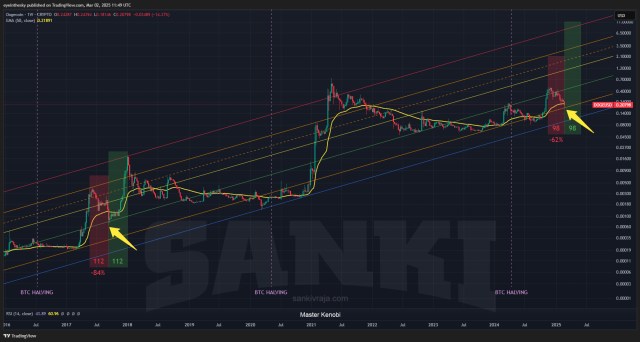
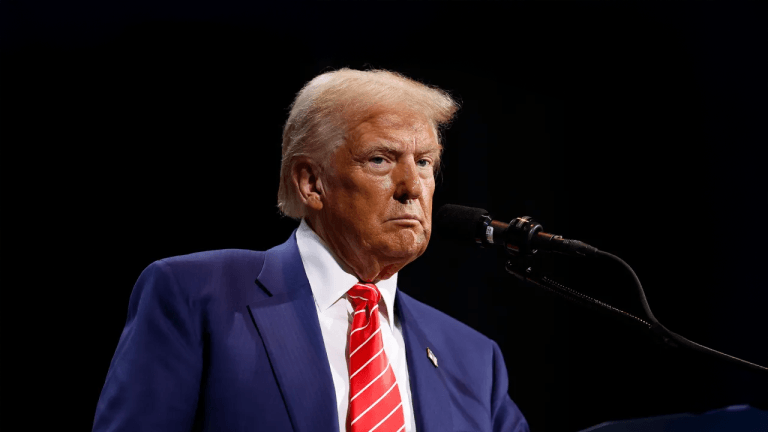

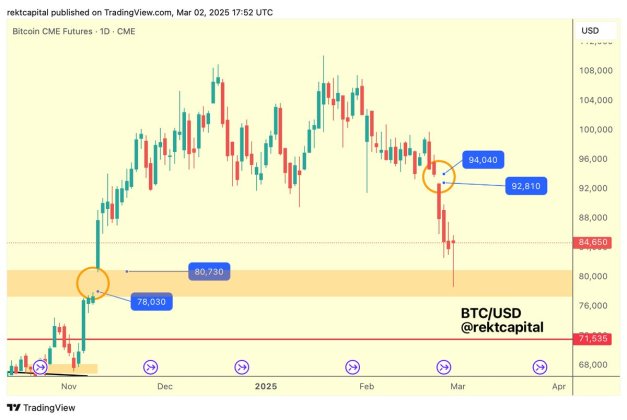

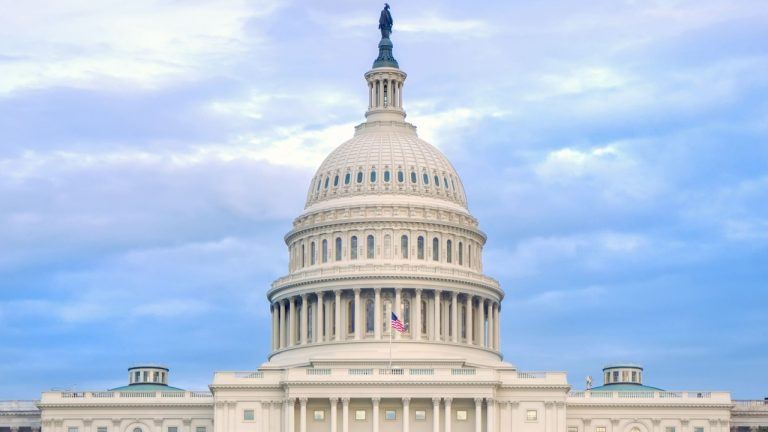
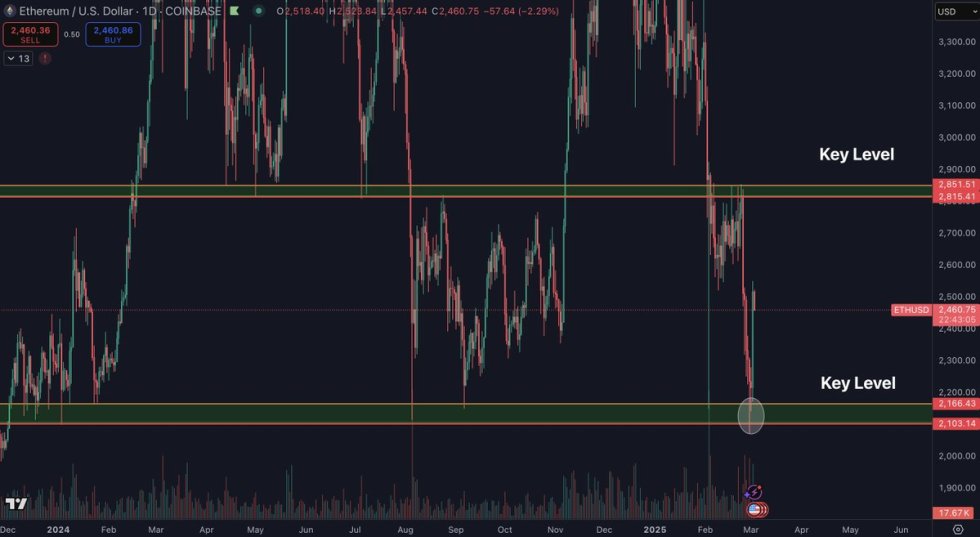




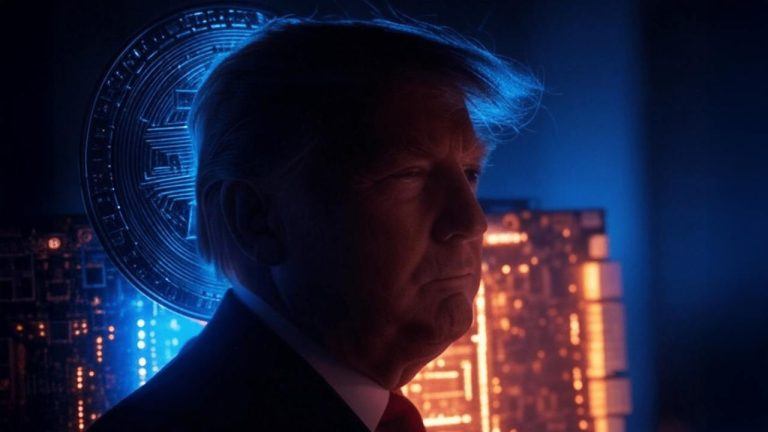


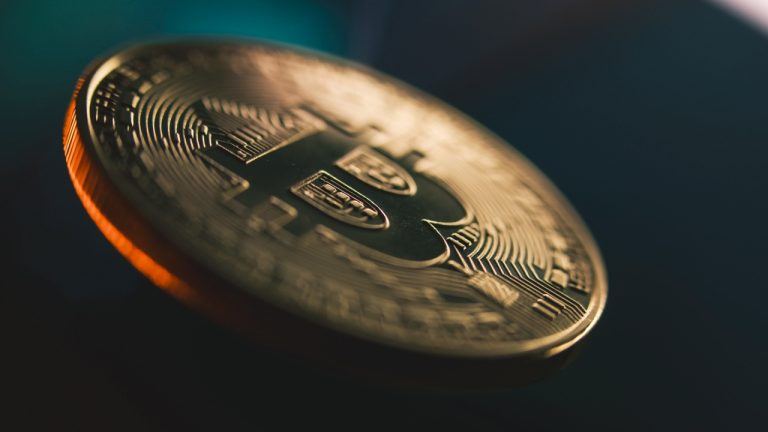

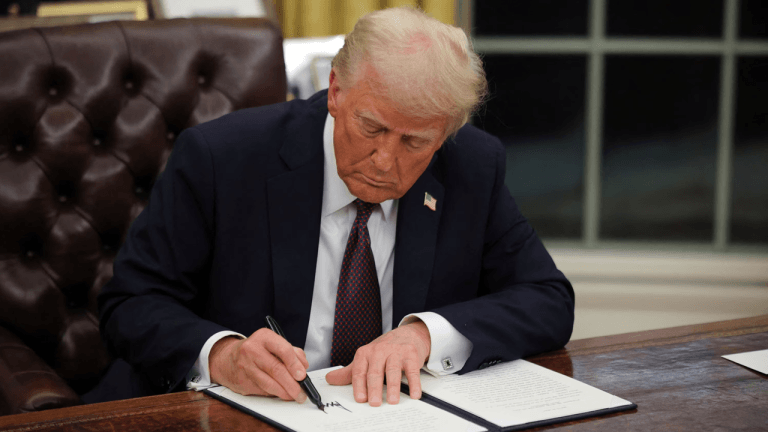

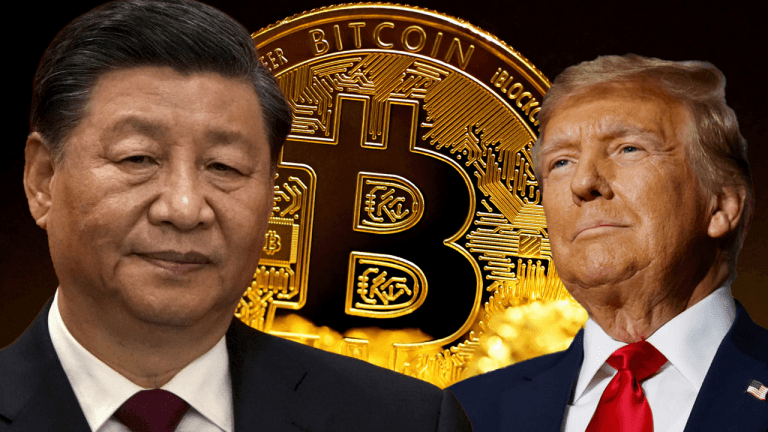
Comments